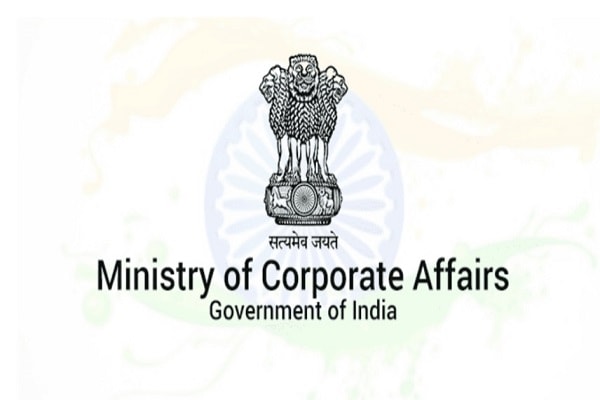Ministry of Corporate Affairs has issued a circular, on 21 August 20169, clarifying the import of section 232(6) of the Companies Act, 2013, which deals with the requirement of indicating an “appointed date” in the scheme of mergers and amalgamations, which would also be the effective date of the merger/amalgamation coming into force.
A view was being taken in some quarters that the “appointed date” in the scheme need always be a definite calendar date, which led to difficulties for companies intending to give effect to their merger at a future/event-linked date, based on business considerations, fulfilling legal requirements such as procurement of license from sectoral regulators, etc. Besides this, IndAS 103 (Business Combinations), which deals with the accounting treatment, uses the expression “acquisition date”, as a date when the acquirer takes control of the acquiree, also required clarification.
The circular clarifies that the companies may choose the “appointed date” of the merger/amalgamation based on occurrence of an event, which is relevant to the merger between companies. This would allow the companies concerned to function independently till such event is actually materialised. The circular further clarifies that the term “appointed date” used in section 232(6) shall be deemed to be the “acquisition date” for the purpose of conforming to IndAS 103 standard dealing with business combinations.
This clarification would lead to harmonisation of practices in ascertaining the “appointed date” of merger/amalgamation and provide due clarity on the accounting treatment, thereby allowing stakeholders to align the “appointed date” of merger/amalgamation in accordance with their business considerations or legal requirements. This would also contribute significantly in the ease of Doing Business.
(Also read: Government removes Debenture Redemption Reserve requirement for Listed Companies, NBFCs and HFCs)
(Also read: Detailed FAQs on Unique Document Identification Number (UDIN))
(Also read: High Level Committee on CSR recommends CSR expenditure to be made tax deductible expenditure)
(Also read: CBDT takes further steps to ensure transparency by introducing Document Identification Number (DIN))
(Also read: CBDT further enhanced monetary limits for filing of appeals by Income Tax Department)
Disclaimer: The above post includes some content used from PIB India website and executed on this website for fair use only. As this website is of educational nature, hence the content is used for education and awareness to the public.

